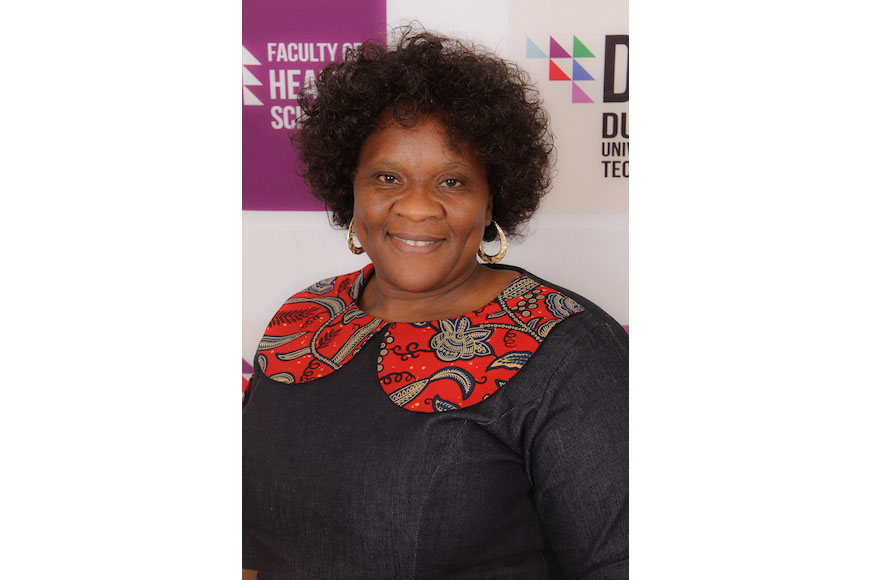The Centre for Excellence in Learning and Teaching (CELT) at the Durban University of Technology (DUT) continues to provide the best learning and teaching strategies to students and lecturers.
CELT launched its Siyaphumelela (we succeed) 2.0 Moving the Middle Project on 24 February 2021, on Microsoft Teams. The programme was directed by Dr Rosheena Jeawon and Mrs Nalini Chitanand.
The aim of the project is to contribute in developing holistic graduates with the acumen to be both adaptable and able to respond to a rapidly evolving higher education, profession and the world that remain “in becoming”.
“The Moving the Middle project of Siyaphumelela 2.0 focuses on understanding the multiple challenges that are impacting on students’ success which creates a large middle cohort that remain in transition in academic programmes and identifying and implementing strategies for enhancing success,” said DUT’s Deputy Vice Chancellor: Teaching and Learning, Professor Nokuthula Sibiya.
The Project Coordinator, Nalini Chitanand added that, “At CELT in working and addressing this project we have developed a collaborative and integrative style of student development approach for students’ success. The essential aspect of this programme is to understand the multiple challenges that are impacting of students’ success which create this large middle cohort that remain in transition with the academic programme. Professor Makondo has already alluded to the idea of a programmatic approach and transformation and enhancing students’ success. The plan currently focuses on implementing high practices as an overarching integrated learning and assessment strategy. The first year of the project, which is June 2020 to June 2021 is the research-based phase. We will then move to the doing section of Moving the Middle,” she said.
Dr Sherran Clarence delivered a keynote message focusing on enabling powerful, sustainable change in higher education. Dr Clarence is a research associate in the Centre for Higher Education, Research, Teaching and Learning (CHERTL) at Rhodes University.
“Teaching and learning happen in complex contexts within universities shaped by a range of diverse factors that shape how we engage in education. These factors include socio-economic status and what that means for prior access to schools, libraries, computers and other learning resources. They include ‘race’, gender and ability, which also influence prior and current engagement with lecturers, peers, resources, etc. Context is key: to better enable the curriculum we design and the pedagogies and assessments we use, we need to understand the context we are working in,” said Dr Clarence.
Mr Sipho Zulu, as the high impact practices project leader closed the webinar by thanking everyone who had attended.
Pictured: One of the speakers, DUT’s Deputy Vice Chancellor: Teaching and Learning, Professor Nokuthula Sibiya.
Nikiwe Sukazi


